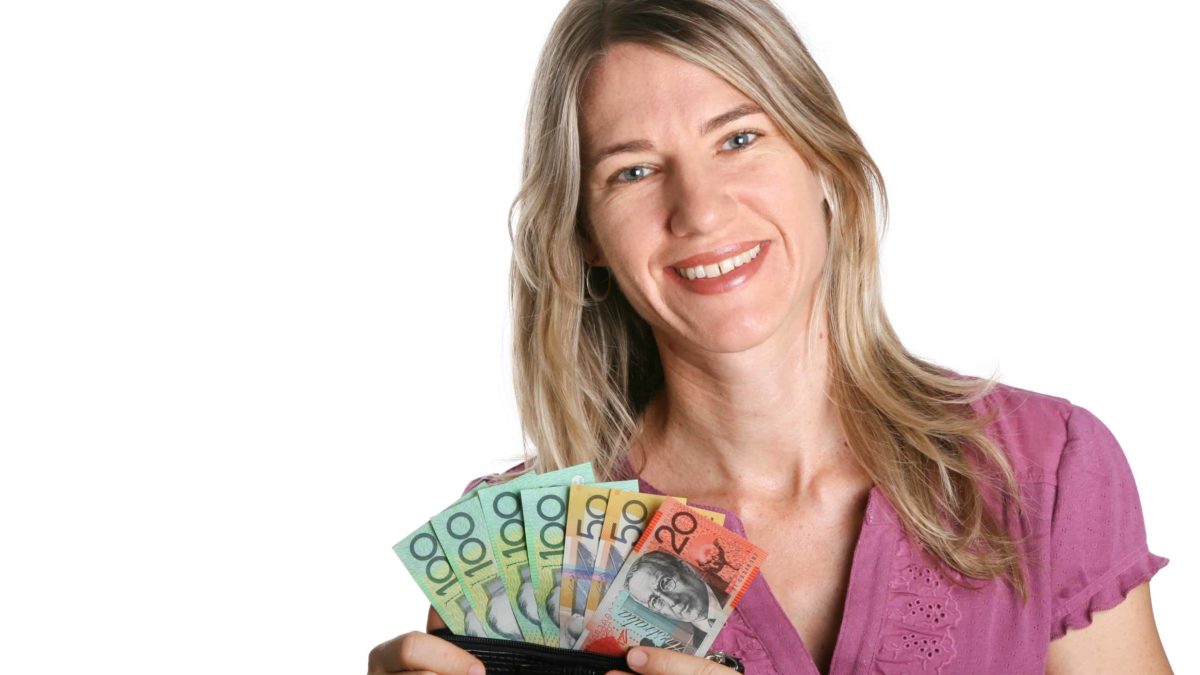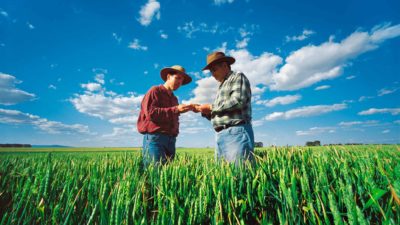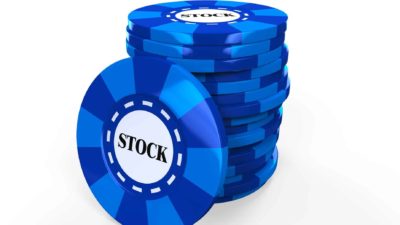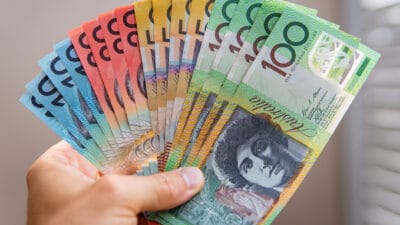S&P/ASX 200 Index (ASX: XJO) dividend shares could be the answer to boost investment income.
Some boards of directors of ASX 200 shares feel comfortable paying out a certain level of profit as dividends (or distributions) to investors each year, whilst retaining some profit for more growth.
However, just because a business pays a dividend doesn't automatically mean that it's worth owning.
These two ASX 200 shares might be ideas to think about for income:
Rural Funds Group (ASX: RFF)
Rural Funds is a fairly unique real estate investment trust (REIT). It owns agricultural property across the country in different sectors including cattle, vineyards, almonds, macadamias and cropping (sugar and cotton).
Its farms are spread both geographically and in different climate conditions, offering useful diversification and protection against certain risks. But, Rural Funds doesn't carry the operational risk of the farms – that's on the tenants. Rural Funds also owns a substantial amount of water entitlements for tenants to use.
Rural Funds has an aim of increasing its distribution by 4% each year for investors. That is funded organically by two main strategies. The first is that there are rental increases built into contracts, either a fixed 2.5% annual increase or linked to CPI inflation, plus market reviews.
Rural Funds' other way to boost the distribution is to invest into its farms, such as improved water access, to increase the valuation and rental potential of the properties.
It also sometimes acquires farms to convert them to a better, more profitable use, depending on the farm type at the time of purchase. Sometimes Rural Funds just leaves a cattle farm as a cattle farm, for example.
The ASX 200 dividend share has provided guidance of a FY22 distribution of 11.73 cents per unit. That translates to a distribution yield of 4.5%.
Bapcor Ltd (ASX: BAP)
Bapcor is the leading auto parts business in Australia and New Zealand.
It has some of the most recognisable brands in the auto market in its portfolio. Burson, Autobarn, ABS and Midas are some of the businesses it runs. Bapcor also has other specialist divisions such as electrical and truck parts.
The trade business, being predominately Burson, makes the lion's share of the profit.
Burson has been growing profit over the years through a number of different ways. It's growing same store sales, growing the store network size and increasing profit margins (and efficiencies).
Bapcor is expanding to another country with expansion into Asia in Thailand with Burson. It currently only has a handful of stores with a few million dollars of annual revenue, but it has plans for dozens of stores and hopefully reach $100 million of revenue in five years.
The ASX 200 dividend share has a total Asian revenue target of $500 million. This target includes the $200 million revenue currently generated by Tye Soon – an Asian business listed in Singapore which Bapcor owns a quarter of.
Bapcor has plans to increase its domestic store network size, refurbish stores and increase the own brand percentage of products sold.
It has increased its dividend each year since 2015, including in the difficult COVID-19 year of 2020.
Using the last 12 months of dividends, at the current Bapcor share price it has a grossed-up dividend yield of 3.2%.









